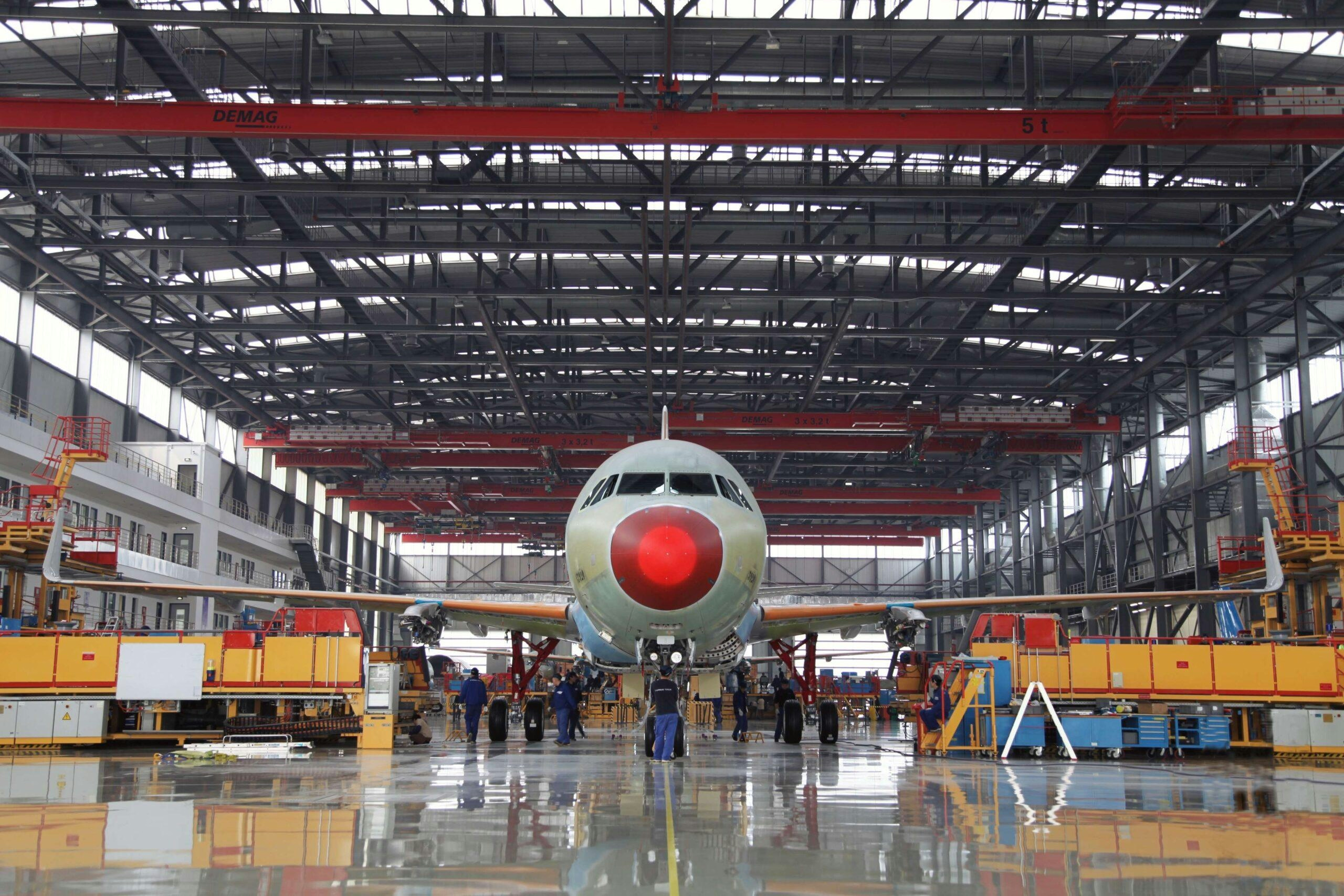AeroGenie — 您的智能副驾驶。
热门趋势
Categories
Airbus Forecasts 3.6% Annual Growth in Aircraft Services Through 2044

Airbus Forecasts Sustained Growth in Aircraft Services Through 2044
Airbus projects that its aircraft services sector will expand at an average annual rate of 3.6% through 2044, ultimately reaching a market value of $311 billion per year. This anticipated growth is expected to support approximately 2.35 million pilots, mechanics, and aviation professionals worldwide, underscoring the continued rise in global air travel demand. The European aerospace leader is intensifying its focus on aftermarket services—including maintenance, repair, and overhaul (MRO)—to capture higher-margin opportunities and compete more effectively with independent service providers.
Expansion of Aftermarket and Digital Services
The demand for off-wing maintenance, which involves repairs conducted in specialized workshops, is forecasted to more than double, reaching $218 billion by 2044. Concurrently, on-wing services such as light inspections and routine maintenance are expected to increase from $21 billion to $34 billion. Airbus also anticipates substantial growth in digital and connectivity services, with the market value rising from $9 billion to $26 billion over the same period. This surge highlights the growing importance of digital solutions in aircraft operations and maintenance, an area where competitors like Boeing are also intensifying their investments.
With Airbus aircraft comprising half of the global fleet of planes with over 100 seats, the company foresees strong demand for lifecycle services designed to enhance fleet efficiency and reliability. According to Airbus’ Global Services Forecast, the commercial fleet is projected to nearly double to 49,000 aircraft, while annual passenger numbers are expected to reach 10 billion by 2044.
Challenges and Competitive Landscape
Despite these optimistic projections, Airbus faces several challenges in sustaining its growth trajectory. Ongoing supply chain disruptions, still recovering from the COVID-19 pandemic’s impact, pose risks to service delivery and operational efficiency. Potential engine issues and intensifying competition from Boeing and other manufacturers could also affect Airbus’ market share. The Asia-Pacific region, a critical driver of global aircraft demand, presents additional obstacles related to infrastructure development and regulatory complexities.
Industry analysts observe that Airbus’ strategic pivot toward services represents a significant evolution from its traditional focus on aircraft manufacturing. In 2024, services accounted for 10% of Airbus’ revenues, reflecting the increasing importance of aftermarket operations within its business model. Company executives emphasize that repair, maintenance, and inspection services are becoming vital sources of stable, high-margin revenue, aligning with broader industry trends that integrate manufacturing with long-term lifecycle support.
Boeing, Airbus’ principal competitor, forecasts $4.7 trillion in commercial services demand over the next two decades, with an expected annual growth rate of 3.8%. Boeing projects that MRO and modifications will constitute 68% of this market, digital services 28%, and training and pilot services 4%. This competitive environment is likely to spur further innovation and investment in digital and connectivity solutions across the aerospace industry.
As global supply chains gradually stabilize and airlines prioritize maximizing fleet reliability, Airbus’ emphasis on expanding its services portfolio reflects a wider industry shift toward integrated, long-term support and value-added digital offerings.

Capital A Completes Sale of Aviation Business to AirAsia X

Four Gateway Towns to Lake Clark National Park

PRM Assist Secures €500,000 in Funding

Should Travelers Pay More for Human Support When Plans Go Wrong?

InterGlobe Aviation Shares Rise 4.3% Following January Portfolio Rebalancing

Key Market Segments Shaping Airline Route Profitability Software

Locatory.com Gains Traction Among Aviation MROs and Suppliers

JetBlue Flight Makes Emergency Landing Following Engine Failure

58 Pilots Graduate from Ethiopian University

The Engine Behind Boeing’s Latest Widebody Aircraft
